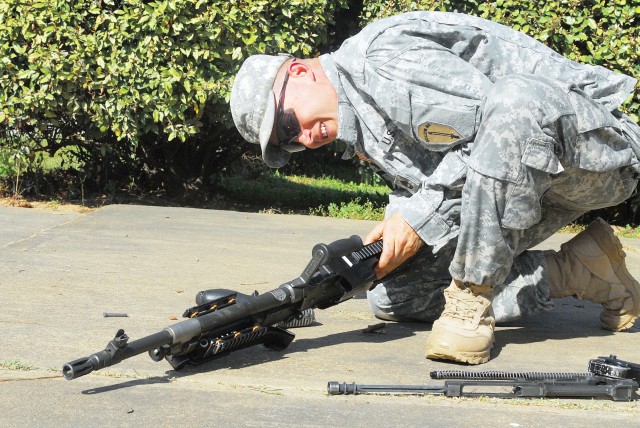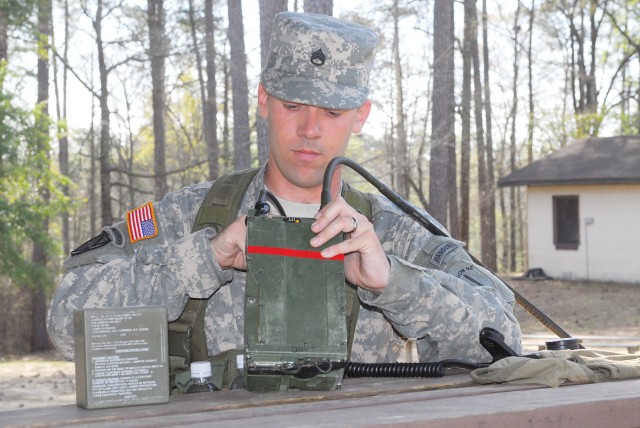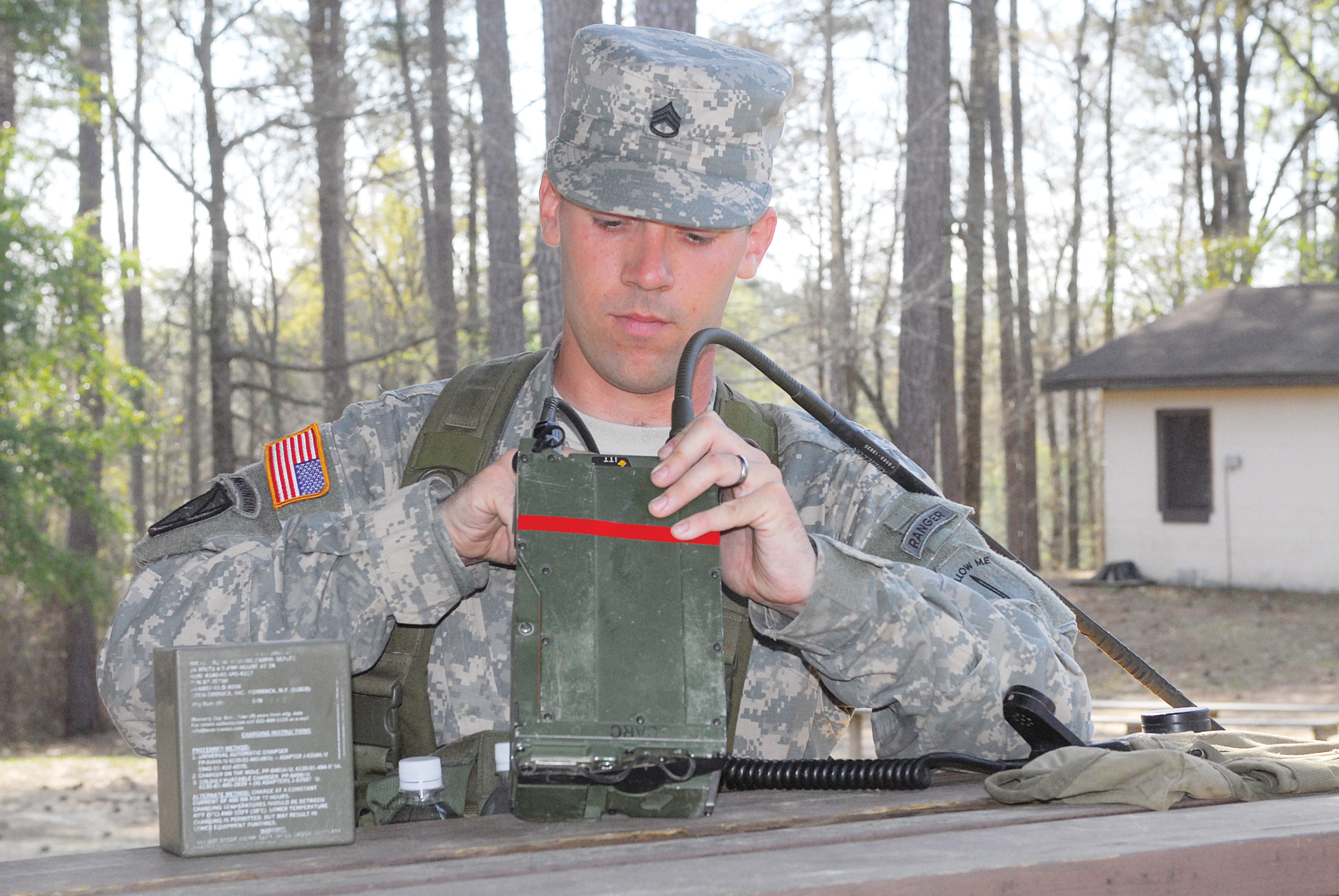Four Soldiers competed this week for the post title of Drill Sergeant of the Year. They are the top two drill sergeants from both the 192nd and 198th Infantry brigades, determined by a brigade-level competition earlier this year.
This competition emphasizes the many challenges associated with being a drill sergeant, said SSG Tommy Beauchamp, NCOIC for the event.
"It's a very complex job," he said. "There are so many different facets of knowledge that we have to be subject matter experts on in order to bestow that knowledge on Soldiers in training.
"The drill sergeant has one of the most important roles as an NCO - the instruction of trainees. A drill sergeant is what puts the footprint of the Army inside the trainees. I still remember my drill sergeant. If you have that drill sergeant who is smart, motivated, physically fit, mentally tough, your goal as a private all the way up through your NCO years is to emulate that Soldier, to be as good as or better than your drill sergeant was."
The role of a drill sergeant is critical to the fight, said SSG Michael Johnston, 2nd Battalion, 58th Infantry Regiment, who won his brigade-level competition.
"It's the most important, especially in today's times, going to Iraq and Afghanistan," Johnston said. "About 90 percent of everybody you're training, they're going to war. It's not like it was when I came through where you had that question of someday you may or may not need these skills. It's 90 percent guaranteed, you're going to need to know these skills."
The competition focused on tasks a drill sergeant must know thoroughly, such as instructing a Soldier on how to execute a hand salute, applying a tourniquet, conducting night land navigation and zeroing a weapon with limited rounds. It also included a written essay, a timed exam, an obstacle course and other hands-on drills.
SSG John Laughter, 3rd Battalion, 47th Infantry Regiment, said the competition has been a challenge.
"I've learned so much in the competition," he said. "I've pushed myself physically, so I'm able to keep up with the rest of the candidates and to just be the best I can physically, mentally, tactically and technically. The competition includes things that will test your tactical and technical knowledge as well as your skills as a drill sergeant and noncommissioned officer."
Laughter said he has wanted to be a drill sergeant since basic training when he saw the level of professionalism and dedication of his own drill sergeants. After holding the position for a year and a half, he knows it can be difficult but is well worth the effort, he said.
"Being a drill sergeant is definitely a challenge," Laughter said. "There's the long hours; you're away from your family a lot, but there's also the added reward as you're training new Soldiers into the Army.
"You're their first taste of Army life. And you have the opportunity to instill in them the discipline, honor, duty, integrity and personal courage that can turn them into a Soldier in America's fighting force."
Regardless of the outcome of the contest, all of the candidates, Johnston, Laughter, SFC Jason Duncan and SSG Jackson Perry, are superb drill sergeants filling needed positions, Beauchamp said.
The winner will be awarded the Army Commendation Medal and continue on to the TRADOC-level competition in April to represent Fort Benning alongside three other installations and two Reserve components.
Editor's note: Read next week's edition of The Bayonet to find out who won.




Social Sharing